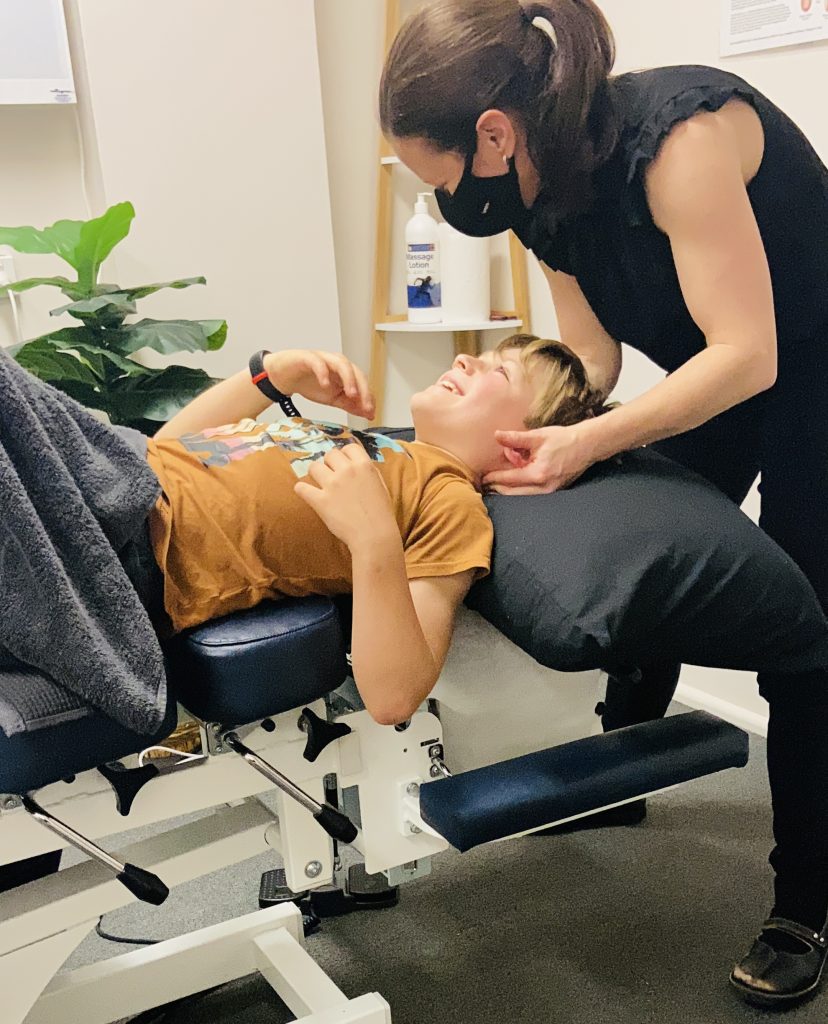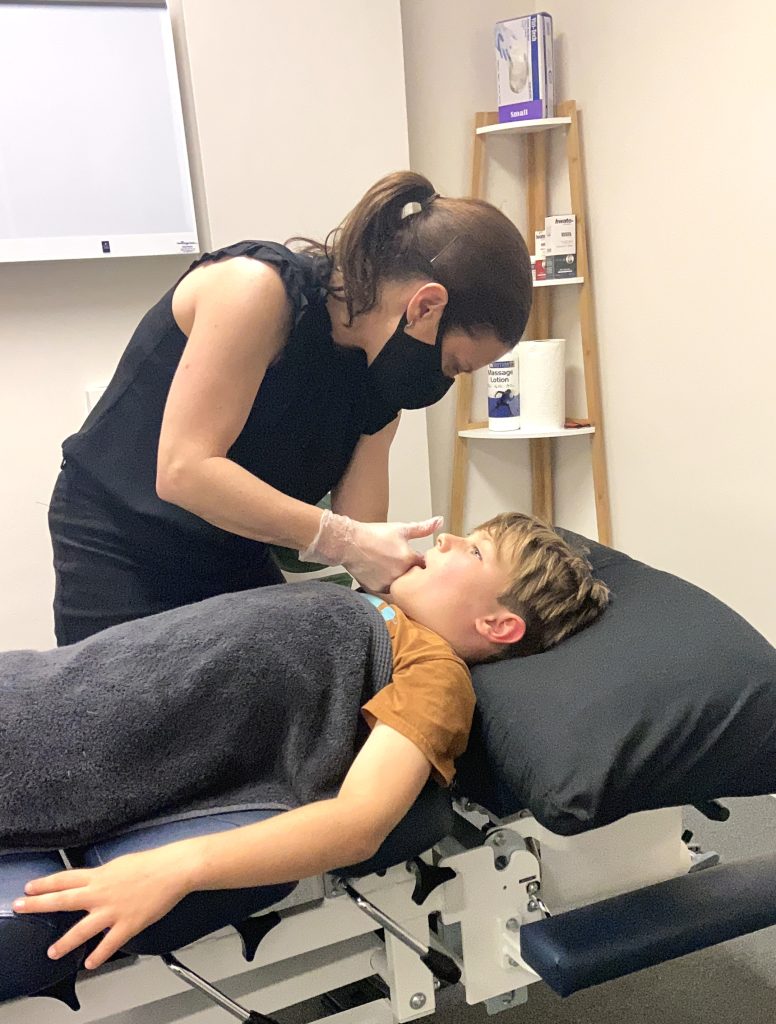TMJ or Jaw Pain and Chiropractic Woolgoolga

Jaw pain can be a debilitating condition that affects various aspects of our daily lives, from eating and speaking to overall comfort. While most people associate chiropractors with spinal adjustments and back pain relief, many are unaware of the potential benefits chiropractic care can offer in addressing jaw pain. In this blog post, we will delve into the connection between chiropractic care and jaw pain relief, exploring the techniques employed by chiropractors and the potential benefits of seeking their assistance.
Understanding Jaw Pain
Jaw pain, also known as temporomandibular joint disorder (TMJ or TMD), refers to a condition affecting the jaw joints and muscles that control jaw movement. Common symptoms include jaw stiffness, clicking or popping sounds, difficulty opening or closing the mouth, and facial pain. TMJ disorders can be caused by various factors, such as jaw misalignment, muscle tension, or trauma.
The Role of Chiropractic Care in Jaw Pain and TMJ
Chiropractic care primarily focuses on the musculoskeletal system, particularly the spine, but it can extend beyond spinal adjustments to address other areas of the body, including the jaw. Chiropractors are skilled in assessing the alignment and function of the temporomandibular joint (TMJ) and can offer non-invasive treatment options to relieve jaw pain and improve overall jaw function.
Techniques Used by Chiropractors for Jaw Pain
- Spinal Adjustments: Chiropractors understand that misalignments in the spine can have a ripple effect on other parts of the body, including the jaw. By performing targeted spinal adjustments, chiropractors aim to restore proper alignment, alleviate tension, and promote optimal nerve function, which can indi
- rectly relieve jaw pain.
- Soft Tissue Manipulation: Chiropractors may employ soft tissue manipulation techniques to address muscle tension and imbalances around the jaw area. By applying gentle pressure and using specific massage techniques, they can help relax the muscles, reduce inflammation, and improve blood flow to the affected area.
- Jaw Adjustments: Chiropractors who specialize in jaw-related issues may also perform direct adjustments to the temporomandibular joint. These adjustments involve applying controlled pressure to realign the joint and improve its function. Chiropractors may also provide exercises and stretches to improve jaw mobility and strength.
Benefits of Chiropractic Care for Jaw Pain
- Non-Invasive Approach: Chiropractic care offers a non-invasive alternative to more aggressive treatment options, such as surgery or long-term medication use. By addressing the underlying causes of jaw pain, chiropractors aim to provide natural and drug-free relief.
- Holistic Approach: Chiropractors take a holistic approach to healthcare, considering the interconnectedness of the body systems. By addressing both the spine and jaw, they can target the root causes of jaw pain and promote overall well-being.
- Personalised Treatment Plans: Chiropractors understand that each individual’s jaw pain is unique, and therefore, they develop personalized treatment plans tailored to the specific needs of their patients. This customised approach ensures that the treatment focuses on the individual’s condition and symptoms.
While chiropractic care is often associated with back pain relief, its potential benefits extend beyond the spine. Chiropractors can offer non-invasive and personalised treatment options for jaw pain, addressing misalignments, muscle tension, and other contributing factors. If you’re experiencing jaw pain or symptoms of TMJ disorder, consulting with a chiropractor who specialises in jaw-related issues may provide valuable insights and potential relief.
Remember to always consult with a qualified healthcare professional to determine the most appropriate course of treatment for your specific condition. Contact TPM on 6654 0237 or at www.tpmwoopi.com.au



